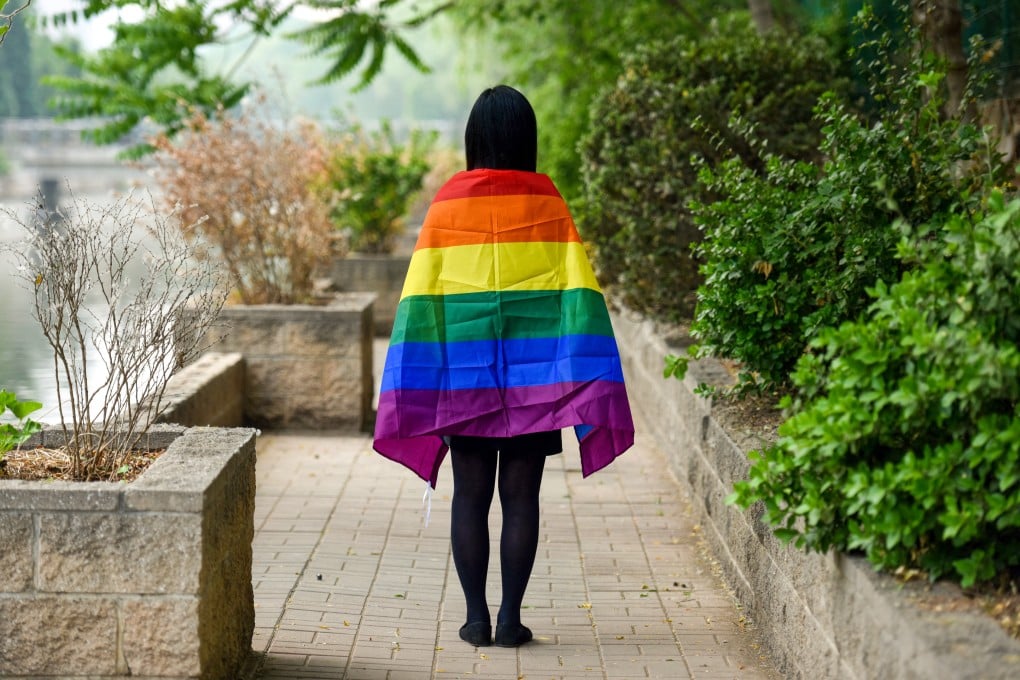Advertisement
Chinese LGBTQ organisations find creative ways to survive crackdown and closures
- LGBTQ groups have felt added pressure from police check-ups and online censorship since the pandemic
- Despite social media account closures and increased scrutiny, many organisations have found ways to continue their work
Reading Time:4 minutes
Why you can trust SCMP
4

Over the past few months, Wu Xiang, who works for an LGBTQ organisation in southern China, has received a series of phone calls from local police checking on his whereabouts.
In one call, the police named a city he bought a train ticket to, and asked if he travelled there to attend an LGBTQ-themed event. He explained that, since he was not allowed to host any events, he had simply gone on holiday.
“We are quite relaxed at the moment, with no strong goals,” he said. “We’ll do as much work as we can.”
Advertisement
Wu is used to years of police check-ups and social media censorship, but said the pressure has been increasing in recent months, and the algorithm for censorship has improved post-Covid.
Last month, on Qixi – Chinese Valentine’s Day – the WeChat accounts of several LGBTQ organisations in the mainland were banned permanently in what appears to be the latest wave of crackdowns, done for no particular reason.
Advertisement
“It felt like they just wanted to disgust you, on Valentine’s Day,” said Li Hai, who works in transgender sexual health.
Advertisement
Select Voice
Choose your listening speed
Get through articles 2x faster
1.25x
250 WPM
Slow
Average
Fast
1.25x
